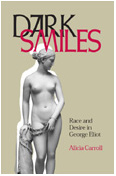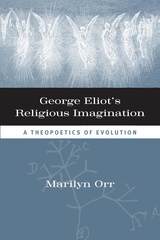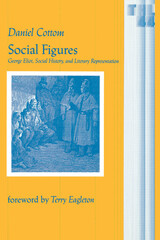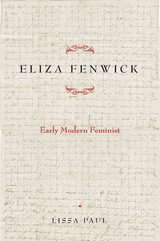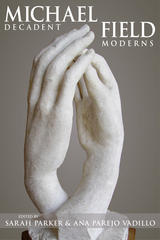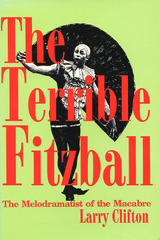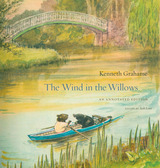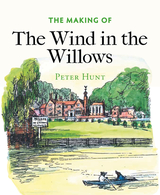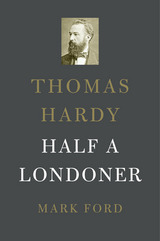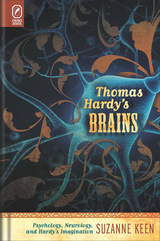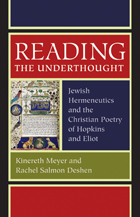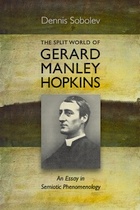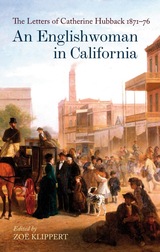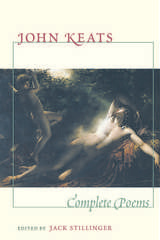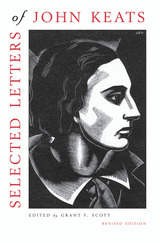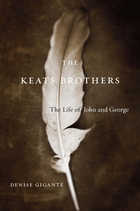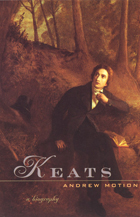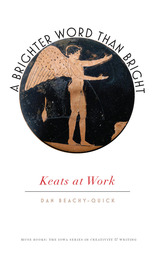Cloth: 978-0-87745-344-4 | eISBN: 978-1-58729-145-6
Library of Congress Classification PR4757.P58M39 1991
Dewey Decimal Classification 821.8
Contrary to some scholars, tragic poetry did not die with the rise of melodrama in nineteenth-century theater or the glowing secularism spread by the proliferation of liberal-scientific philosophies. Rather, artists found alternative means to portray tragic situations.Thomas Hardy's Tragic Poetry convincingly argues that Hardy's lyric poetry and The Dynasts occupy a pivotal place in the development of modern tragic poetry and drama, crystallizing the tragic feeling that surfaces intermittently in Romantic and Victorian poems and plays.
Many scholars have noted the tragic forms and themes of Thomas Hardy's novels, but the tragic quality of his lyric poems has received less critical attention. Katherine Maynard remedies that situation by tracing the emergence of the Hardyean figure—tragically isolated against the backdrop of a stark landscape, neutral universe, or indifferent social milieu—through both a review of critical opinion about tragedy's place within modern literature and a survey of the frustrated attempts by major nineteenth-century poets to write tragic drama. Hardy's epic-drama The Dynasts is seen as a fulcrum work, bearing many of the flaws of its dramatic forebears but also illustrating his use of contemporary science and philosophy in the service of dramatic irony. Maynard examines a significant sample of lyrics to identify the contribution of Hardy's poetry to our understanding of tragic literature. She places the thematic and formal innovations of Hardy's tragic poetry squarely within the main lines of development from Wordsworth's Solitary to Beckett's lone figures waiting in a desert for a Godot who never arrives.
Ultimately, Thomas Hardy's Tragic Poetry calls for a rereading of Hardy's poetry as "tragic," arguing that he was able, paradoxically, to incorporate these literary and philosophical conventions of his time which some critics insist signaled the death of tragic literature. This study will prove fascinating for Hardyists, students of nineteenth-century literature, and all those interested in the ongoing development of poetry.
See other books on: 1840-1928 | Hardy, Thomas | Napoleonic Wars, 1800-1815 | Poetic works | Tragic, The, in literature
See other titles from University of Iowa Press

